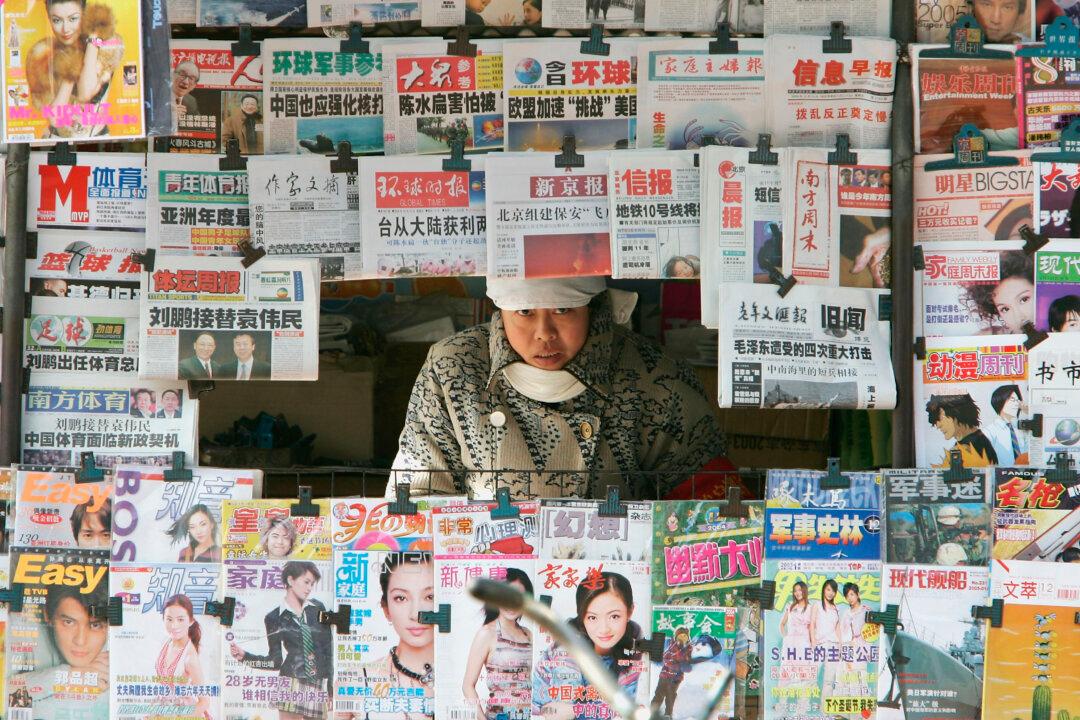China is considering restrictions on non-public capital from entering the news media sector.
A China expert says this move would ruin private news agencies and independent journalists.

China is considering restrictions on non-public capital from entering the news media sector.
A China expert says this move would ruin private news agencies and independent journalists.